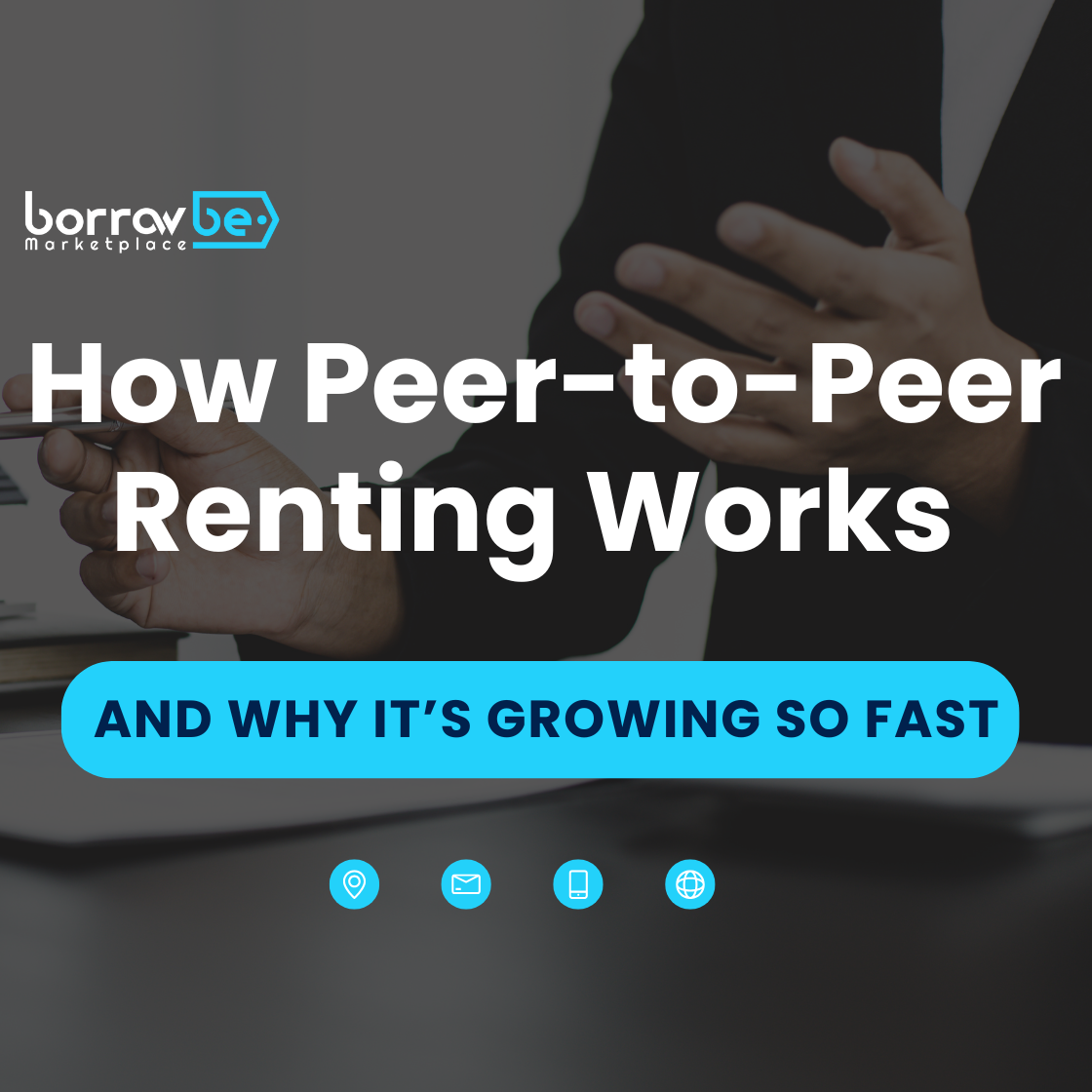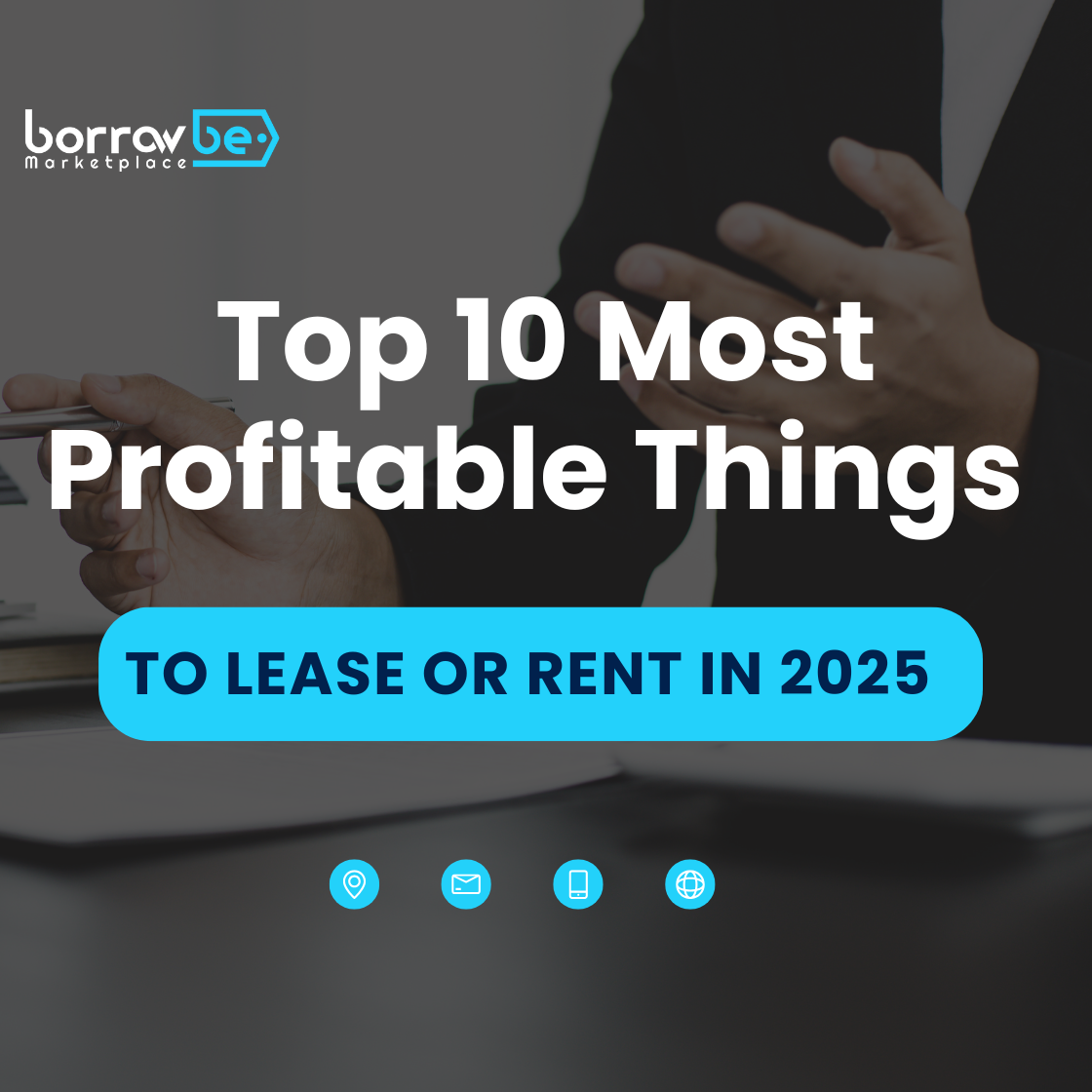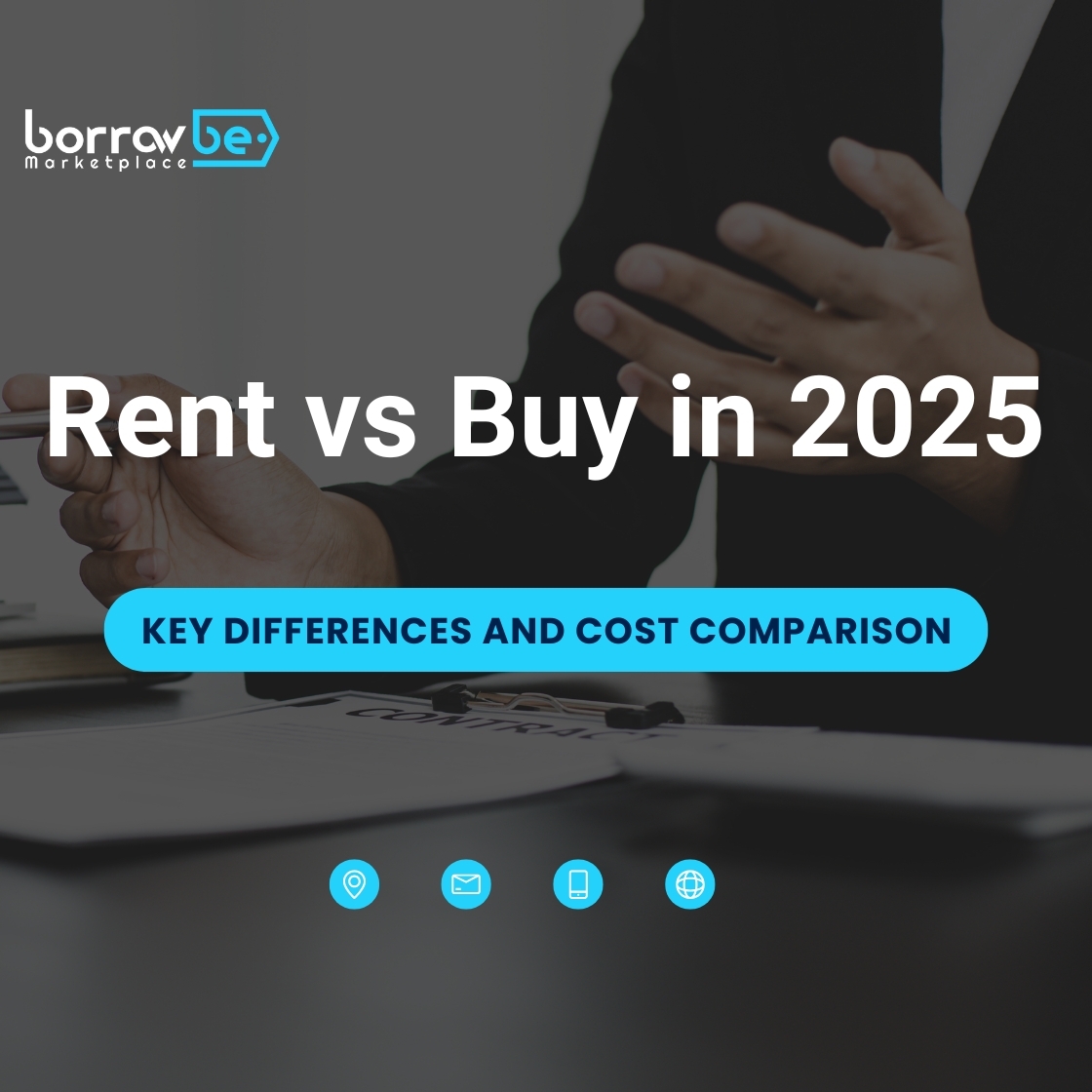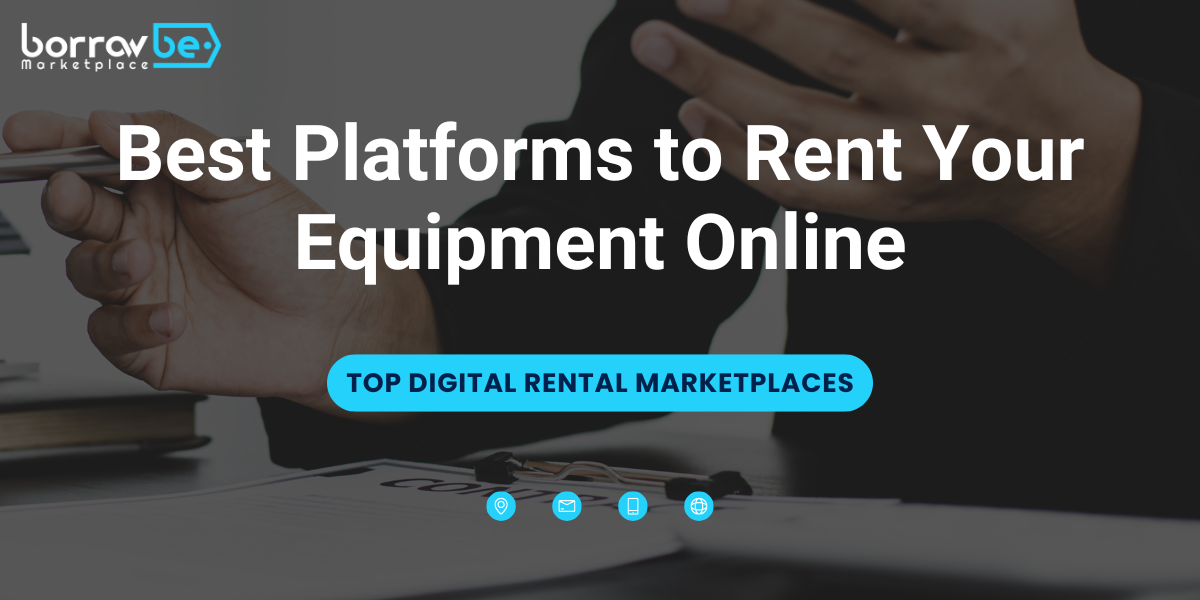Renting out your property can be a lucrative way to generate passive income and maximize the value of your real estate investment. However, to ensure a smooth and successful rental experience, homeowners must follow best practices that protect their property, attract reliable tenants, and comply with legal requirements. This guide provides actionable tips and strategies to help you rent out your property effectively.
Preparing Your Property for Rent
Before listing your property, it’s essential to ensure it’s in excellent condition to attract potential tenants. A well-maintained property not only commands higher rent but also reduces the likelihood of maintenance issues during the tenancy.
Conduct a Thorough Inspection
Start by inspecting your property for any repairs or upgrades needed. Focus on:
- Fixing leaky faucets, broken windows, or damaged flooring.
- Ensuring all appliances are in working order.
- Checking the HVAC system, plumbing, and electrical systems.
Enhance Curb Appeal
First impressions matter. Improve your property’s exterior by:
- Landscaping the garden or yard.
- Repainting the front door and cleaning the driveway.
- Adding outdoor lighting for safety and aesthetics.
Stage the Property
Staging your property can make it more appealing to renters. Consider:
- Decluttering and depersonalizing the space.
- Adding neutral decor to appeal to a broader audience.
- Highlighting key features like spacious rooms or modern amenities.
For more tips on preparing your property, check out House for Rent on BorrowBe.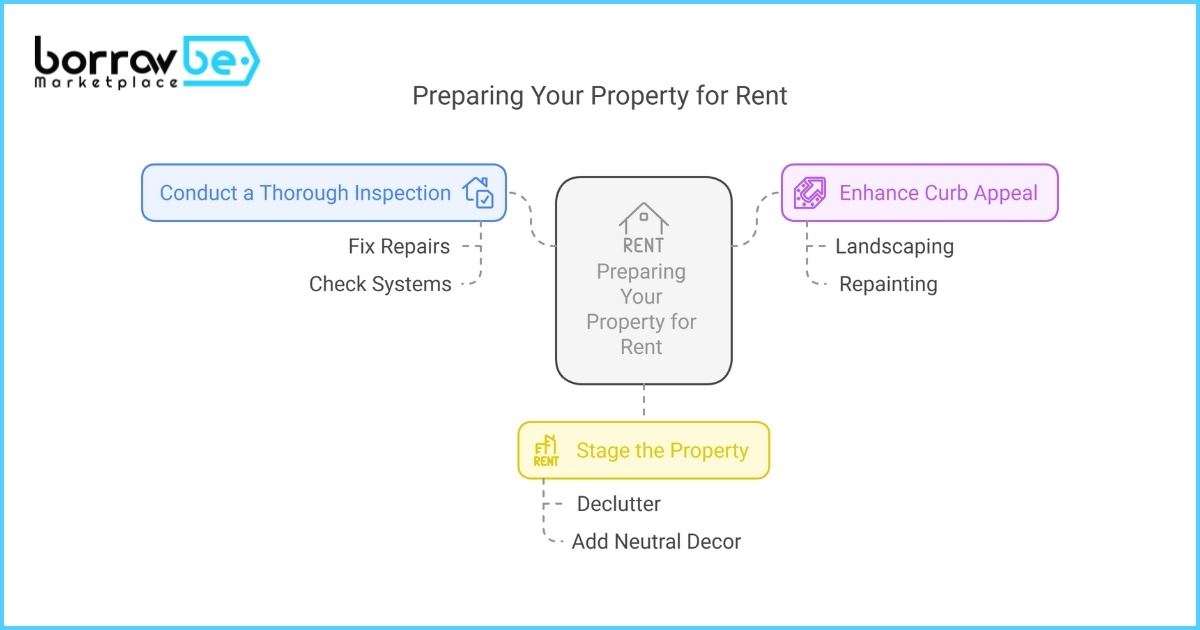
Setting the Right Rental Price
Pricing your rental property correctly is crucial to attracting tenants while maximizing your income. Overpricing can lead to prolonged vacancies, while underpricing may result in lost revenue.
Research the Market
Analyze comparable properties in your area to determine a competitive price. Use online platforms like BorrowBe to compare similar listings. Factors to consider include:
- Location and neighborhood amenities.
- Property size and features.
- Current market trends and demand.
Calculate Your Expenses
Ensure your rental price covers all expenses, including:
- Mortgage payments (if applicable).
- Property taxes and insurance.
- Maintenance and repair costs.
Adjust for Seasonal Demand
Rental demand often fluctuates seasonally. For example, vacation rentals may command higher prices during peak travel seasons. Use platforms like Vacation Rental to gauge seasonal trends.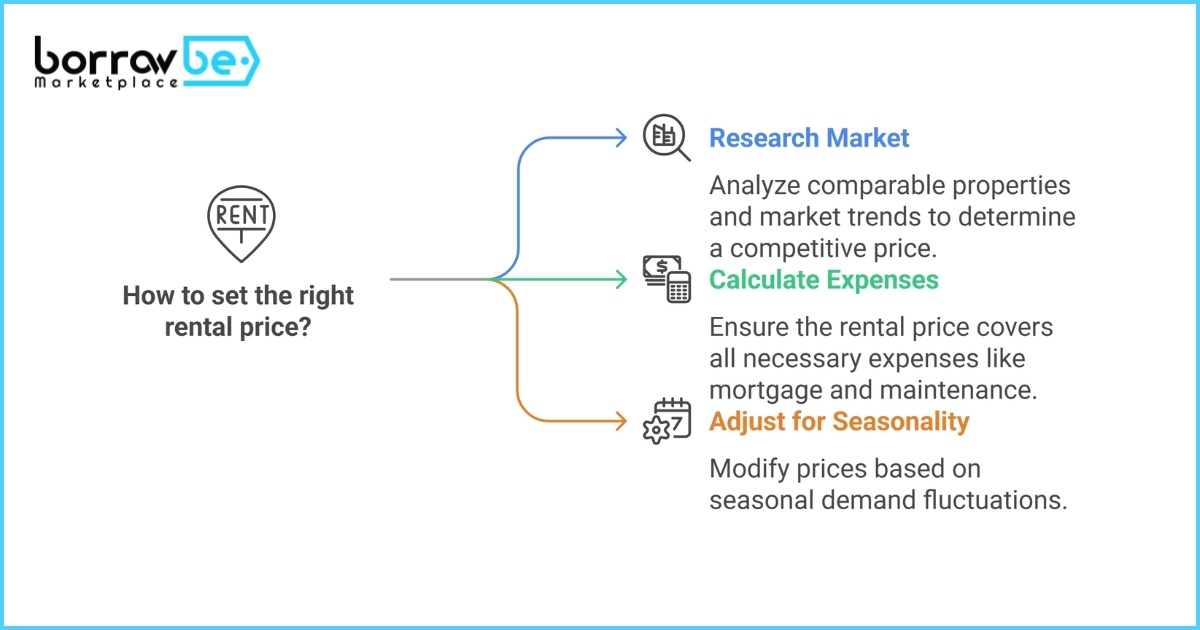
Marketing Your Rental Property
Effective marketing is key to attracting qualified tenants quickly. Utilize a mix of online and offline strategies to reach a wider audience.
Create a Compelling Listing
Your listing should highlight your property’s unique features. Include:
- High-quality photos and videos.
- A detailed description of amenities and nearby attractions.
- Keywords like “spacious,” “modern,” and “convenient location” to improve search visibility.
Leverage Online Platforms
List your property on reputable rental platforms like BorrowBe. These platforms offer:
- Access to a large pool of potential tenants.
- Tools to manage inquiries and applications.
- Secure payment processing for rent collection.
Use Social Media
Promote your property on social media channels like Facebook, Instagram, and LinkedIn. Share:
- Virtual tours or live walkthroughs.
- Testimonials from previous tenants (if applicable).
- Special offers or discounts to attract attention.
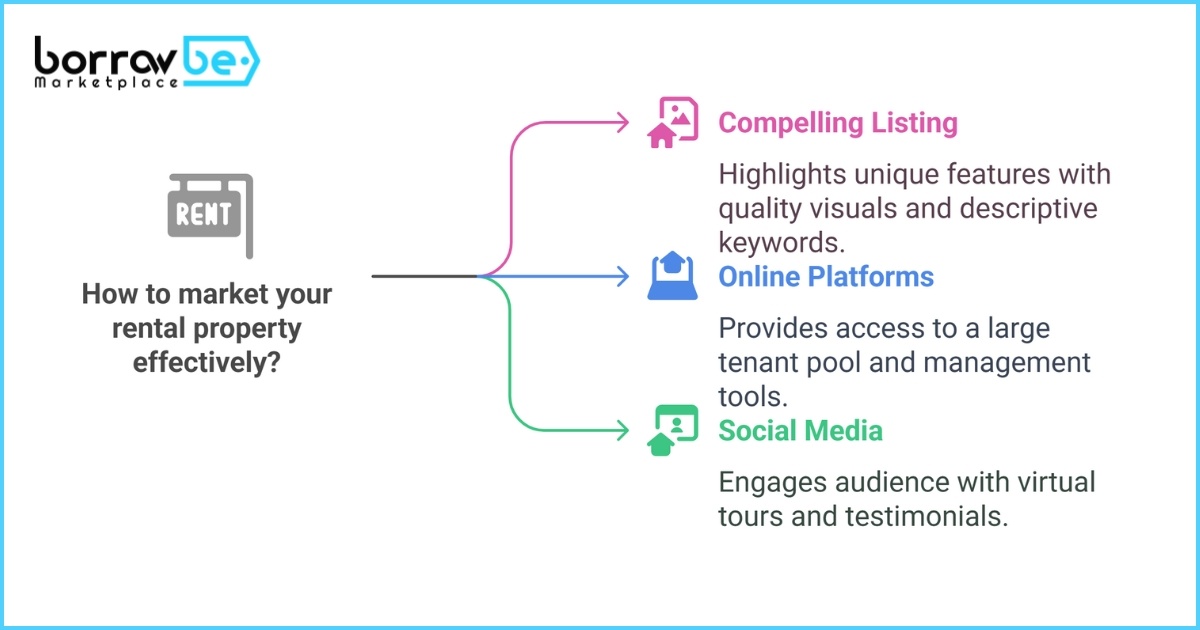
Screening Tenants Effectively
Finding reliable tenants is critical to a successful rental experience. A thorough screening process can help you avoid potential issues like late payments or property damage.
Require a Rental Application
Ask potential tenants to complete a detailed application form. Include:
Personal information (name, contact details, employment history).Rental history and references.
Consent for a background and credit check.
Verify Income and Employment
Ensure tenants have a stable income to afford the rent. A common rule of thumb is that rent should not exceed 30% of their monthly income. Request:
Recent pay stubs or bank statements.A letter of employment from their employer.
Conduct Background Checks
Perform a background check to assess:
Credit history and score.Criminal record (if applicable).
Previous evictions or rental disputes.
For a seamless tenant screening process, consider using tools available on the BorrowBe App.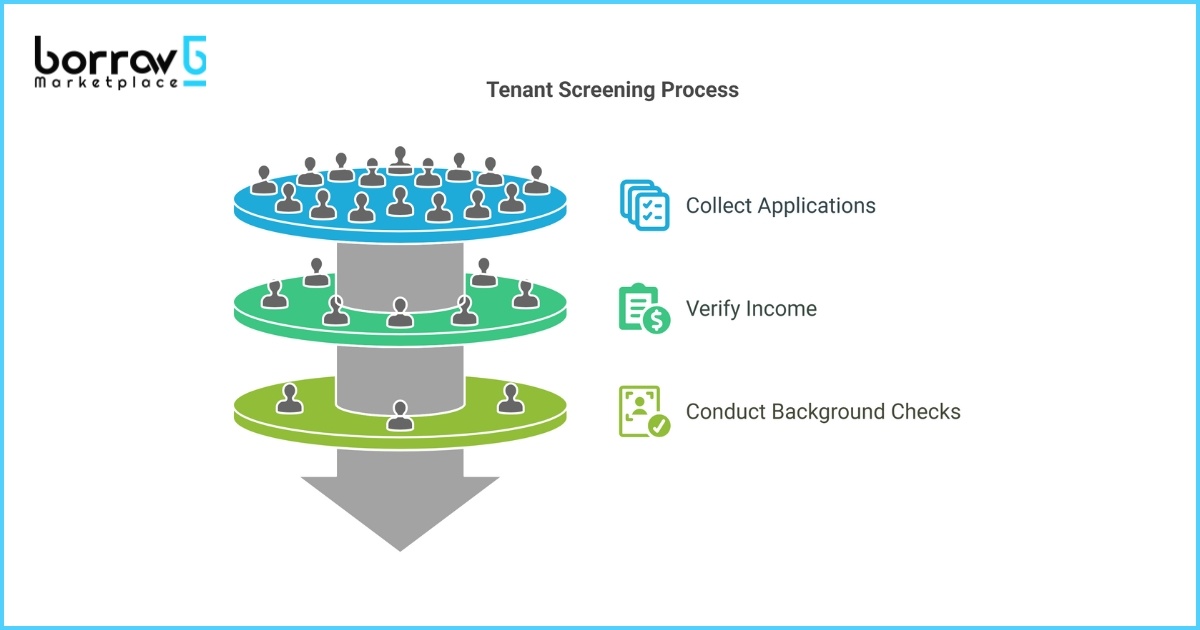
Drafting a Comprehensive Lease Agreement
A well-drafted lease agreement protects both you and your tenant by outlining the terms and conditions of the rental.
Include Essential Clauses
Your lease should cover:
Rent amount, due date, and late fees.Security deposit details.
Rules regarding pets, subletting, and property modifications.
Specify Maintenance Responsibilities
Clarify who is responsible for:
Routine maintenance (e.g., lawn care, HVAC servicing).Emergency repairs (e.g., plumbing issues, electrical faults).
Comply with Local Laws
Ensure your lease agreement adheres to local rental laws and regulations. Consult a legal expert if necessary.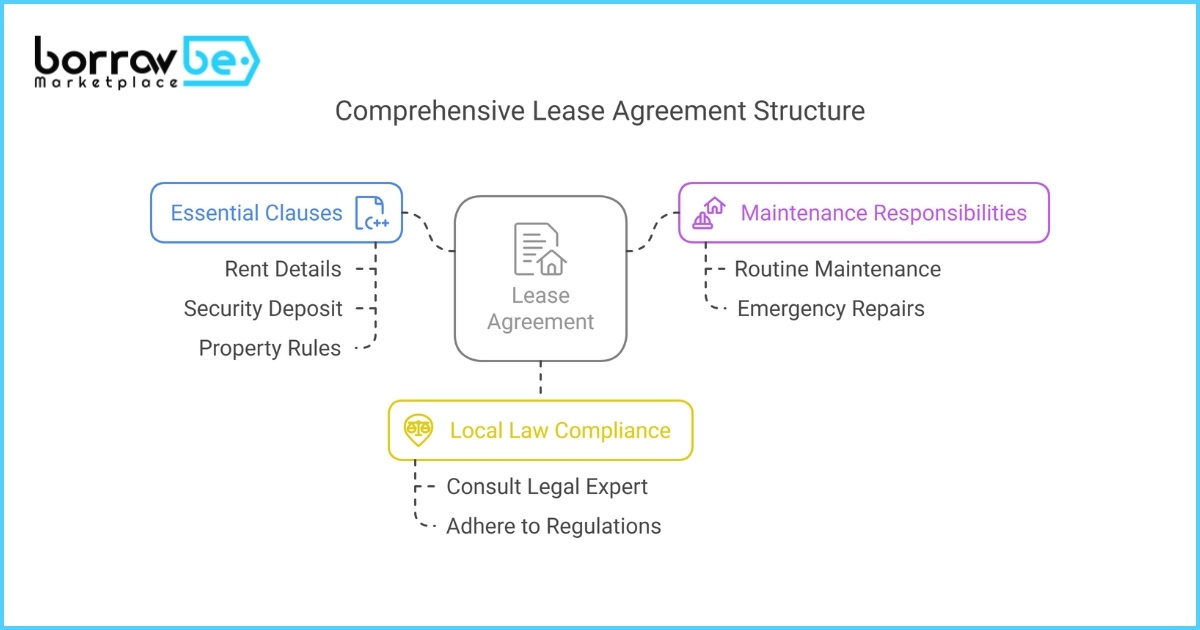
Managing Your Rental Property
Effective property management ensures a positive experience for both you and your tenants.
Communicate Regularly
Maintain open lines of communication with your tenants. Address their concerns promptly and provide updates on any property-related matters.
Schedule Routine Inspections
Conduct periodic inspections to:
Ensure the property is being maintained properly.Identify and address potential issues early.
Use Property Management Tools
Simplify management tasks with tools like the BorrowBe App, which offers features for rent collection, maintenance requests, and more.
Handling Maintenance and Repairs
Timely maintenance and repairs are essential to keeping your tenants satisfied and protecting your property’s value.
Create a Maintenance Schedule
Plan regular maintenance tasks, such as:
HVAC system servicing.Gutter cleaning and roof inspections.
Pest control treatments.
Respond to Repair Requests Promptly
Address tenant repair requests quickly to prevent minor issues from escalating. Keep a list of reliable contractors for emergencies.
Budget for Maintenance Costs
Set aside a portion of your rental income for maintenance expenses. Experts recommend budgeting 1-2% of the property’s value annually.
Ensuring Legal Compliance
Complying with rental laws and regulations is non-negotiable. Failure to do so can result in fines or legal disputes.
Understand Local Rental Laws
Familiarize yourself with laws governing:
Security deposit limits and return policies.Eviction procedures.
Tenant rights and responsibilities.
Obtain Necessary Permits
Some jurisdictions require landlords to obtain rental permits or licenses. Check with your local housing authority for specific requirements.
Stay Updated on Legal Changes
Rental laws can change over time. Stay informed by joining landlord associations or consulting legal experts.
How can I attract long-term tenants?
To attract long-term tenants, offer competitive rental prices, maintain the property well, and provide excellent customer service. Long-term tenants value stability, so addressing their concerns promptly and fostering a positive relationship can encourage them to stay.
What should I do if a tenant doesn’t pay rent?
If a tenant fails to pay rent, communicate with them to understand the reason. If the issue persists, send a formal notice and follow the legal eviction process in your area. Always document all interactions for legal purposes.
How do I handle security deposits?
Collect a security deposit at the start of the tenancy and store it in a separate account. Deduct only for legitimate reasons, such as unpaid rent or property damage, and return the remainder within the timeframe required by law.
Can I rent out my property short-term?
Yes, you can rent out your property short-term, but check local regulations regarding short-term rentals. Some areas require special permits or impose restrictions on vacation rentals.
How do I increase my property’s rental value?
To increase your property’s rental value, invest in upgrades like modern appliances, energy-efficient fixtures, and aesthetic improvements. Highlighting nearby amenities like schools, parks, and public transport can also make your property more attractive.


